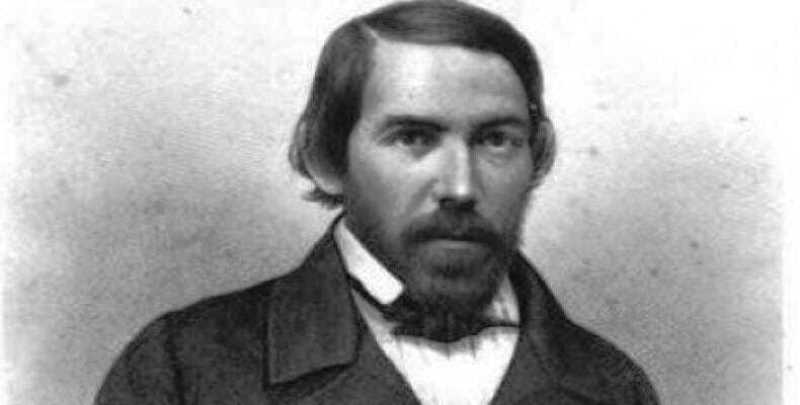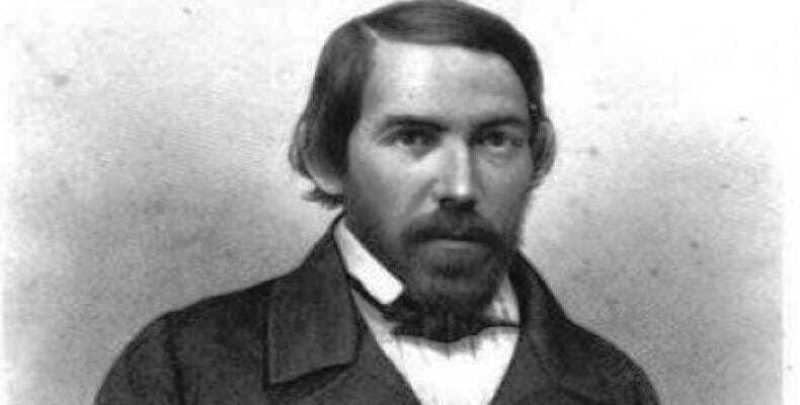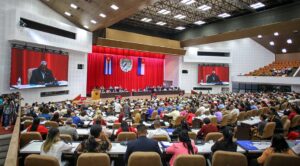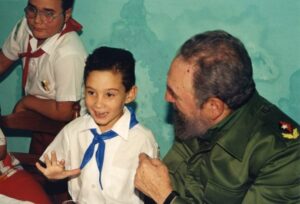José Jacinto Milanés: Lyricism and cubanism.


Remembered for the majesty of his lyricism and the transcendence of his vast literary production, José Jacinto de Jesús Milanés y Fuentes is one of the greatest exponents of romanticism in Cuban literature and deserves to be called the first poetic genius of the largest of the Antilles.
This son of the city of Matanzas was born on August 16th, 1814 in the bosom of a humble and numerous family and, from an early age, he started writing dramatic essays and, even so, in spite of the shortages, he stood out for his training in languages such as Latin, Italian and French, thanks to his perseverance and passion for knowledge.
Later he became friends with the outstanding writer Domingo del Monte, whose library became a source of knowledge about classical and modern culture for Milanés, of whom del Monte appreciated not only his manifest poetic sensibility, but also the melancholy and idyllic tenderness with which he enlivened his verses.
Although his flirtations with poetry date back to a little before 1834, Milanés’s pen stood out between 1835 and 1843, consolidating his verse between two aspects: one entirely lyrical and seductive because of the fervent romanticism that emanated from it, and the other that, with touches of pure humor and satire, reflected the social and moral context of that Cuba at the beginning of the 19th century.
Then, poems emerged from his pen that became immediate hits such as La fuga de la tórtola, La madrugada, El alba y la tarde, Vagos paseos, De codos en el puente and El beso, among others, as well as important newspapers such as El Aguinaldo Habanero, El Plantel, El Álbum, La Cartera Cubana, El Prisma, Flores del Siglo and Revistas de La Habana and Universal, El Plantel, El Álbum, La Cartera Cubana, El Prisma, Flores del Siglo and the Revistas de La Habana and Universal, as well as the Matanzas newspapers La Aurora and El Yumurí were delighted with his collaborations between 1837 and 1860.
But his artistic journey not only included poetry, but he also found in theater another of his passions. This was demonstrated on September 11th, 1838, when his play El Conde Alarcos was premiered in Havana and, in addition to being a critical success, positioned him as one of the pioneer playwrights of our culture. El Conde… was followed by the usual comedy Una Intriga Paternal and other minor works such as El Poeta en la Corte (The Poet in Court) and the unfinished El Mirón Cubano (The Cuban Peeping Tom), among others.
To his misfortune, the episodes of mental loss that he suffered during the last years of his life led to a mutism that gradually extinguished his existence until his death on November 14th, 1863 in the city where 49 years earlier he had seen the light for the first time and which today, precisely a century and six decades after his departure, exalts the imprint of this giant of Antillean literature.
…ONLINE AUDIO
Written by Yadiel Barbón Salgado.




